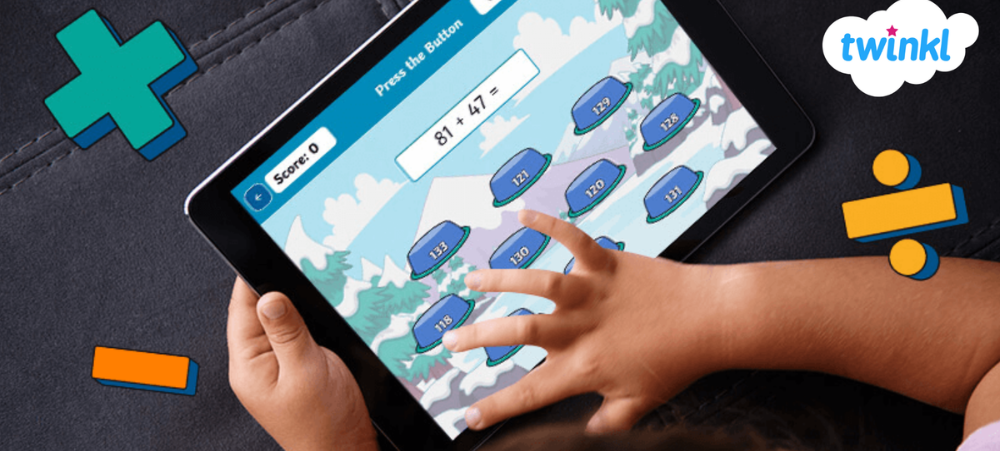The realisation that the traditional school classroom, curriculum content, and examination style are not perfectly suited to real-life learning and the acquisition of skills is not a new one. Many schools recognize this, but may not have the flexibility, time, energy or resources to do something about it. The pressure to teach to the exam and prepare students for the end-goal of the matric examinations places a significant pressure on schools to stick to more ‘traditional’ ways of teaching. The basic way in which Education takes place has been the same since the Industrial Revolution. Despite significant changes to society and an increased understanding of how we learn best, the way that teaching and learning takes place in most schools remains the same year after year. At Treverton, we are using a three-pronged approach to try to mitigate this situation as much as possible.
The key areas we are trying to address are:
- The practical application of the theory we teach in class.
- The teaching of real-life, practical skills that are relevant to daily life.
- Imparting an understanding an appreciation of the need for sustainable practices in all areas of life and learning.
We have introduced ‘Wacky Wednesdays’, ‘Unplugged Days’ and ‘Stewardship’ lessons to address these three areas.
Wacky Wednesdays
We are living in the 4th Industrial revolution where knowledge is freely and easily accessible. Our current schooling system requires students to have the knowledge embedded in their memories and then regurgitate it in a formal setting within a certain time constraint. The only benefit to this is learning to work under pressure. We are trying to find ways to stimulate thought and encourage problem-solving, rather than merely encouraging vast content knowledge.
‘Wacky Wednesday’ is one of our initiatives designed to move students into a realm where they take the tools learnt in the classroom and use them in a problem-solving, real-life situation. Our aim is to create regular opportunities for our students to apply, in a practical way, the theory that they have learned in a particular section of work. Whilst demonstrating how the various subject areas integrate in real life, we want to encourage creativity, collaboration and critical thinking.
What does a ‘Wacky Wednesday’ experience look like in real life?
Students arrive on the day without any prior preparation other than the content knowledge of what they have been doing in their various subjects in recent weeks. They know that they will be faced with a series of problems and challenges that will require the practical application of that knowledge.
For example, our Grade 9s are working with Arduino, which is a programmable chip. They have created a water level sensor in class and this sensor was used in an activity at our School Dam during Wacky Wednesday. We invented our own currency for the day calledTrevi Bucks and students could spend their Trevi Bucks on either a spoon, a cup with holes in it, or a sponge. The sponge was the most expensive item and cost the most Trevi Bucks, whilst the spoon was the least expensive. Each item would test the student’s ability to determine value as they compared the cost of the item to its effectiveness for the task. Students had to set up the water level sensor in an opaque container so that they could not see the water level rising. The water level sensor indicated on a digital circuit once the water reached a particular level. Students would collect water from the dam using the item that they bought and fill up the container until it reached the particular level that set off the digital circuit.
At the life sciences station, students built a net and went into the Treverton Wildlife Area to capture various insects. They then went through the proper process of preserving the insect. Back in the classroom after Wacky Wednesday, they labelled it, talked about it, and had to make a presentation about the insect to the class. The Accountancy aspect of the Wacky Wednesday required students to be accountable for the good use of their Trevi Bucks. Preparing a budget, controlling the actual spending on the day, and then the doing a post mortem after the day were all part of the task.
Approximately sixty-five percent of students currently in grade 8 and 9 will work in jobs that are not even in existence yet . So, as educators we cannot prepare a student for a career that does not exist yet if our focus is on content only. However, what we can do is to teach students to think and adapt. The World Economic Forum puts out a predictive list of top ten skills for the workplace in 10 years’ time. As educators keeping up to date with what those are, we can adapt what we are doing in the classroom so that our students are ready for the world into which they graduate.
Throughout the history of education there seems to have been an assumption that people naturally know how to think. This is not the case – certainly when it comes to thinking critically. Students need to be taught how to think critically. We can do this by giving them problems to think through and the strategies required to do this effectively. We have moved out of the era where the student is seen as an empty vessel that the teacher fills with knowledge. We recognize now that the student must be an active participant in their own learning process. For example: instead of an educator simply showing an algorithm and explaining the process of solving it, we would rather approach it by presenting the problem to the students, going through what we currently know together, and then guiding them to apply that knowledge as they struggle and ‘explore’ their way through. We would stand back and acknowledge new inventive and creative ways to solve the problem rather than intervene to try to enforce obvious or traditional solutions.
A day like wacky Wednesday stimulates and encourages this type of thought and problem solving.
Two particular projects by students have been of particular inspiration to me. One is a local girl who has one of the biggest Aquaponics Farms in the southern hemisphere and she started it when she was in Grade 6.
The other is a young boy from Kenya who grew up in a community where schooling isn’t offered. As a fifteen-year-old, his responsibility was to look after the livestock. The village they live in is within a National Park and they had a real issue with lions eating their animals. They weren’t allowed to retaliate as the Lions were protected within the Park that they all lived in. Here was a fifteen-year old who had little formal schooling who developed a system to defend his livestock, without harming lions.
These examples illustrate the fundamental idea behind what we are trying to achieve. The schooling systems we currently have focus on preparing our children for an exam. They do not prepare our children for the world that awaits them. We need to be teaching our children to think and how to be effective problem-solvers.
As a school we are more committed to presenting students with the reality of what lies ahead of them when they leave school. The drive at Treverton is to make the experience at school a better reflection of reality, yet still within the protection of a school environment.
Unplugged Days
An ‘unplugged’ day is one in which all the students from Grade 8 to Grade 12 are introduced to skills that they will probably require at some stage in life. Tax filing, basic survival skills, sewing techniques, basic cooking, carpentry, electrics and basic plumbing are examples of the types of skills we teach the students. The purpose is to expose the students to practical life skills that are not covered in a typical school curriculum.
Sustainability and stewardship
The signs are all around us that the resources we consume are not in indefinite supply. Load shedding and water restrictions are some obvious examples. But nearly all of the resources we consume need careful management to ensure that they last. In many cases, we already know that they will not last and that we need to find viable alternatives to ensure that our demands are met in a sustainable way. Solar power would be an obvious example of this.
At Treverton, we have chosen to start our sustainability journey with a focus on permaculture and the practices related to sustainable food supply. Our extensive grounds and our strong ethos of environmental education and the outdoors has made this a natural starting point. As part of our broader Outdoor Pursuits Program, we have introduced a period in the academic day called ‘Stewardship’ that is dedicated to this purpose. Students in Grade 8 – 10 are taught the theory of permaculture first, followed later in the year by the practical implementation – in this case, the building of raised-bed vegetable gardens. We have chosen the word ‘stewardship’ to encapsulate both the environmental and spiritual significance of what we want to achieve. In a biblical sense, ‘Stewardship’ is the responsible use and care of the resources that God has given us. As we develop this program, we will gradually broaden the scope to include recycling, solar energy, gray water projects and more.
Conclusion
Treverton’s rich history in being a leader in innovative education began in the 1970’s when we pioneered Outdoor Education in KZN. Although much in its infancy, our redeveloped curriculum has the fortitude to being built on a foundation on “pioneership.” Our move into readdressing the manner in which our curriculum is taught has been received with great positivity and engagement by our students and parents. We look forward to the journey ahead.
More about Dean Balie:
Dean Balie has been the inspiration behind many of these initiatives. Dean oversees Grade 8 and 9 academics at Treverton College. Part of his role is to revise the approach to the Grade 8 and 9 curriculum, to make it more relevant and practical.
For further information please visit www.Treverton.co.za
targeted toward Parents.
We understand that there are many aspects that encompass a Mother, Father or Child and strive toward providing resources and services that accommodates
this.
Our content is aimed to inform and educate families on issues starting from
pregnancy through to the challenges of the teen-age years.
- Ways to Boost Your Child’s Confidence Every Day - October 23, 2025
- Tips for Supporting Homework Without Doing It for Them - October 23, 2025
- How to Help Your Child Build Emotional Resilience - October 22, 2025





